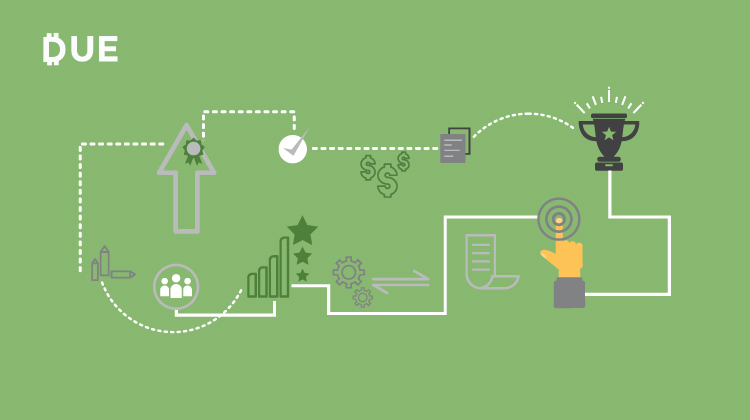Big-ticket items feel like a right of passage when you achieve a certain level of success or now make X amount of dollars. Many people spend a large chunk of their income on big-ticket items such as housing and vehicles without deciding how much money to put away first. It can be hard to change your financial landscape when you’re tied to paying a loan or a lease.
Table of Contents
ToggleHere are some ideas to help you prioritize and improve your financial decision-making when it comes to Big-ticket Items.
1. Get real with the numbers
No matter if you are buying something for your personal use or business, figure out what it actually costs. Determining what Ramit Sethi calls T.C.O. (the true cost of ownership) will reveal how much you will spend over time when purchasing something. He shows what a phone really costs you as an example and highlights what percentage of your income it will eat up. He notes that a $30,000 salary quickly turns into $24,905 after purchasing a #99 iPhone.
2. Get control back
Sometimes we lose touch with what we can control. Ryan Cravitz, a Financial Advisor in Orange County recently told me about a discussion he had with a man in his 30’s. The man explained how he couldn’t afford to start saving yet.
After Cravitz noticed that the man was holding a Mercedes Benz keychain, he asked him when he stole that car in jest (knowing he wasn’t a criminal). After the gentleman explained how he purchased the vehicle, Cravitz says, “I jokingly asked him if they ran out of Hondas or Toyotas for sale that day. He got the point.”
Cravitz goes on to say that too many people are sacrificing their financial future to compete with the Joneses. While Mercedes are nice cars, if you can’t afford it, it’s not the wisest choice for you.
Move forwarding, Cravitz recommends younger people develop good money habits starting with a monthly budget and allocating a minimum of 10% of their income toward a retirement fund. That’s what paying yourself first looks like in action.
3. Have a game plan
You might have to restructure your whole financial picture and reprioritize. Jessica Bishop, Founder of The Budget Savvy Bride, knows how to set a budget and work within its limits. She had a $20,000 wedding for $10,000. Deciding what you’re not willing to skimp on and then finding creative solutions for things that aren’t as important keeps spending in check.
For example, you can buy flowers at a wholesale price or order flowers that tend to cost less. This concept can apply to other areas of spending whether for business or personal. Perhaps, you get a refurbished piece of equipment over buying something brand new. Or maybe you purchase IKEA furniture to save on your home office or purchase items from a thrift shop so you can spend money on more important areas.
Purchasing any high-ticket item whether it’s a big event like a wedding or an ongoing car payment shouldn’t interfere with saving long term.
“Saving has to be your #1 money priority. If you just try to save whatever is leftover from your spending at the end of the month, you won’t ever get anywhere,” says Bishop. She goes on to say that intentional saving has to be a top priority!
The Bottom Line
Before making a big purchase, figure out how much money you want to save first, then the remainder of your budget and understanding the actual cost will serve as a compass to guide your future decisions when making purchases.














